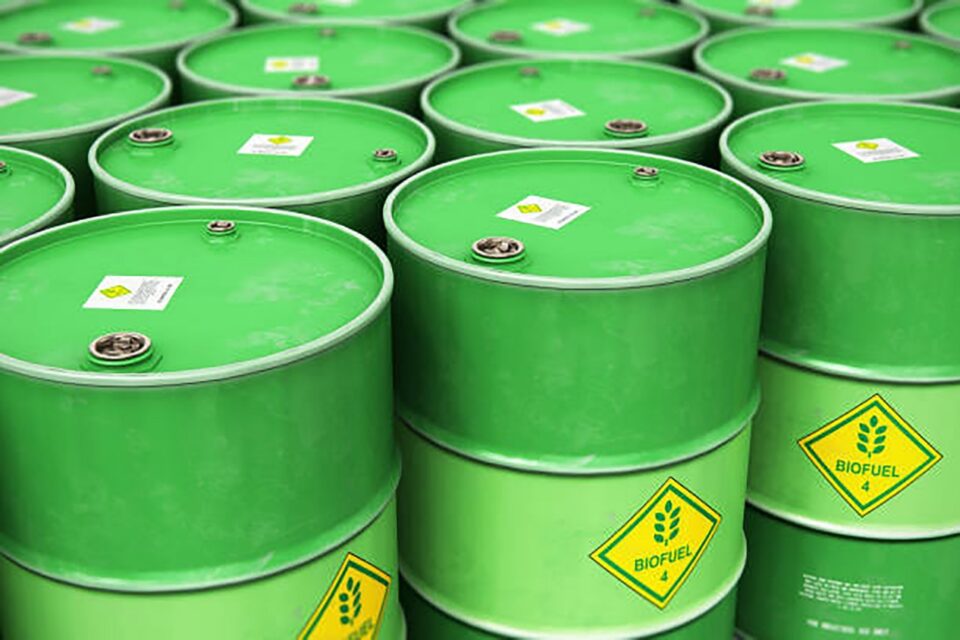As the industry’s climate goals in recent years have become more and more relevant, experts consider biofuels as a key element to meeting those goals.
In an interview with S&P Global, Dirk Kronemijer CEO at GoodFuels, a Dutch biofuels provider, said: “Sustainable biofuels are one of the few options in the world today that can really play a significant role in reducing the carbon footprint of shipping.”
As we reported earlier, the long-haul transportation industry is trying to reduce their emission by adopting biofuels; the initiative is even backed by the Department of Energy with a major investment in it.
DOE even launched the project H2@Scale to explore the potential of green hydrogen for the shipping industry. The project already has corporations and universities developing infrastructure for green hydrogen fuels.
In addition to this, the International Maritime Organization is targeting a reduction in their carbon emissions. At least by 40% by 2030, and 70% by 2050, compared to the 2008 levels.
Recommended to you: EPA asks court for an extension to respond to biofuels petition
Biofuels face delayed policies
Although market players and institutions are increasingly considering biofuels as a real opportunity for their emissions goals, they lack the infrastructure and a clear supply chain.
Nevertheless, green fuels manufactured by companies like GoodFuels are compatible with the existing engines, and they can be burnt with no negative results in any tank or engine. It eliminates between 80% or 90% carbon emission compared to fossil fuels.
“Our key advantage is that we have no infrastructural requirements and no upfront Capex. While biofuel can be blended with existing fossil fuels, a vessel can take on biofuel in Rotterdam, sail to the US, and come back. So it is totally interchangeable,” Kronemijer said.
With this panorama, Kronemijer thinks that in 10 years from now “a large and disproportionate amount of shipping emissions reductions will come from sustainable green fuels. Maybe even 70% or 80%.”
As to now, biofuels still struggle to enter to the big market. The waivers given the Trump administrations to Small Refiners hit the demand for these fuels and delays important policies for the industry.


